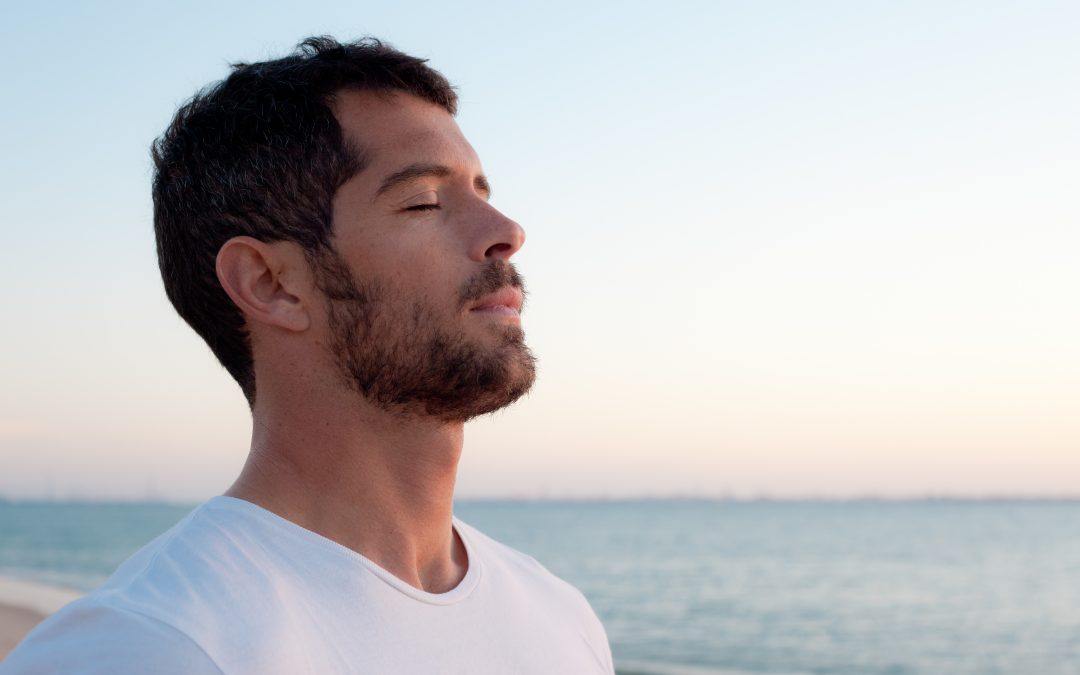
Results from a large survey by Miraval Group and StudyLogic, released this week, indicate that men are expressing a growing interest in engaging in self-care practices. In the study, more than 1,000 men over the age of 18 were asked about perceptions of self-care and perceived barriers to self-care. Almost 60 percent of the men who were surveyed acknowledged participating in more self-care practices over the past five years. Increased energy and clearer thinking were some of the primary benefits reported. These results lend to the importance of self-care when it comes not only to physical health but mental well-being as well.
The World Health Organization defines self-care as, “the ability of individuals, families, and communities to promote, maintain health, prevent disease, and to cope with illness with or without the support of a health care provider.” Some men may have trouble with self-care because independence and self-sufficiency are usually associated with male role expectations. Gender norms assume that men want to take care of others, often at the expense of taking care of themselves. However, a study in theAmerican Journal of Men’s Health showed that many men are indeed interested in feeling supported and socially connected.
